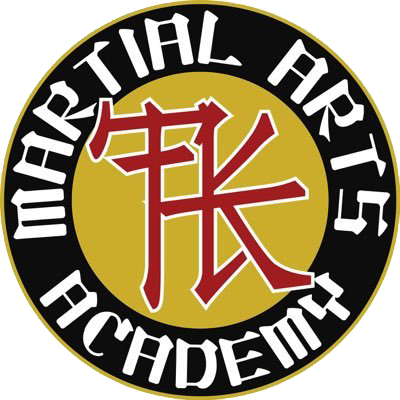The Journey of Judo: From Martial Art to Olympic Discipline
Judo, a term that translates to "the gentle way," stands as a striking contrast to the forceful impact it has had on the world of sports. Originating in Japan as a martial art, judo has evolved into a competitive Olympic discipline, capturing hearts and medals across the globe. This blog post delves into the rich history of judo and explores its attributes that make it a standout Olympic sport.
The Origin Story
The foundations of judo were laid in the late 19th century by Dr. Jigoro Kano. Kano was a young educator and athlete who saw the potential in combining different aspects of traditional Japanese martial arts like jujutsu. He aimed to create a sport that not only encompassed physical fitness but also instilled a sense of moral and intellectual development.
Philosophy and Principles
At its core, judo goes beyond just being a sport; it is a lifestyle. Dr. Kano emphasized the principles of "Seiryoku Zen’yo" (Maximum Efficiency, Minimum Effort) and "Jita Kyoei" (Mutual Welfare and Benefit). These philosophies aim to teach practitioners to use energy most efficiently and to respect one another, foundational aspects that distinguish judo from many other martial arts.
The introduction of judo to the international scene can be traced back to the early 20th century when it began to spread to Europe and the Americas. Its appeal grew rapidly, and it soon became part of military and police training programs.
The Olympic Debut
Judo's big break on the Olympic stage came in 1964 when it was included in the Tokyo Olympics. Initially, it was only open for male athletes, but women's judo was later included as a demonstration sport in the 1988 Seoul Olympics and as an official medal sport in the 1992 Barcelona Olympics.
Attributes as an Olympic Sport
Physical and Mental Demands: Judo is a sport that demands both physical prowess and sharp mental acuity. Competitors must be skilled in techniques like throws, holds, and submissions while also mastering the art of anticipation and timing.
Fair Play and Sportsmanship: One of the hallmarks of judo is its emphasis on fair play and mutual respect, making it a sport that is as much about personal character as it is about athletic ability. This makes it a particularly compelling watch during the Olympics, as the athletes embody the Olympic spirit in both their conduct and competition.
Accessibility: Another attractive attribute of judo as an Olympic sport is its accessibility. Judo is practiced in over 200 countries, making it one of the most widely recognized Olympic sports. Its simple rules and emphasis on skill over brute strength make it accessible to athletes from various backgrounds and age groups.
Judo's rich history and global recognition aren't just elements of a fascinating story; they're an invitation to join a community of millions. From its philosophical depths to its empowering techniques, judo offers something for everyone. Whether you're an athlete seeking to push the boundaries of physical prowess or someone looking for a meaningful and disciplined way to enrich your life, judo has a place for you.
That's why we encourage you to take the next step on this journey and join us at TK Martial Arts for a judo class. Experience firsthand the empowering techniques, the sense of community, and the physical and mental benefits that come with this incredible sport. Who knows, you might find yourself standing on an Olympic podium one day, or simply enjoying a newfound sense of confidence and well-being.
Don't let this opportunity pass you by. Discover the "gentle way" for yourself and become a part of the enduring legacy of judo at TK Martial Arts. See you on the mat!
